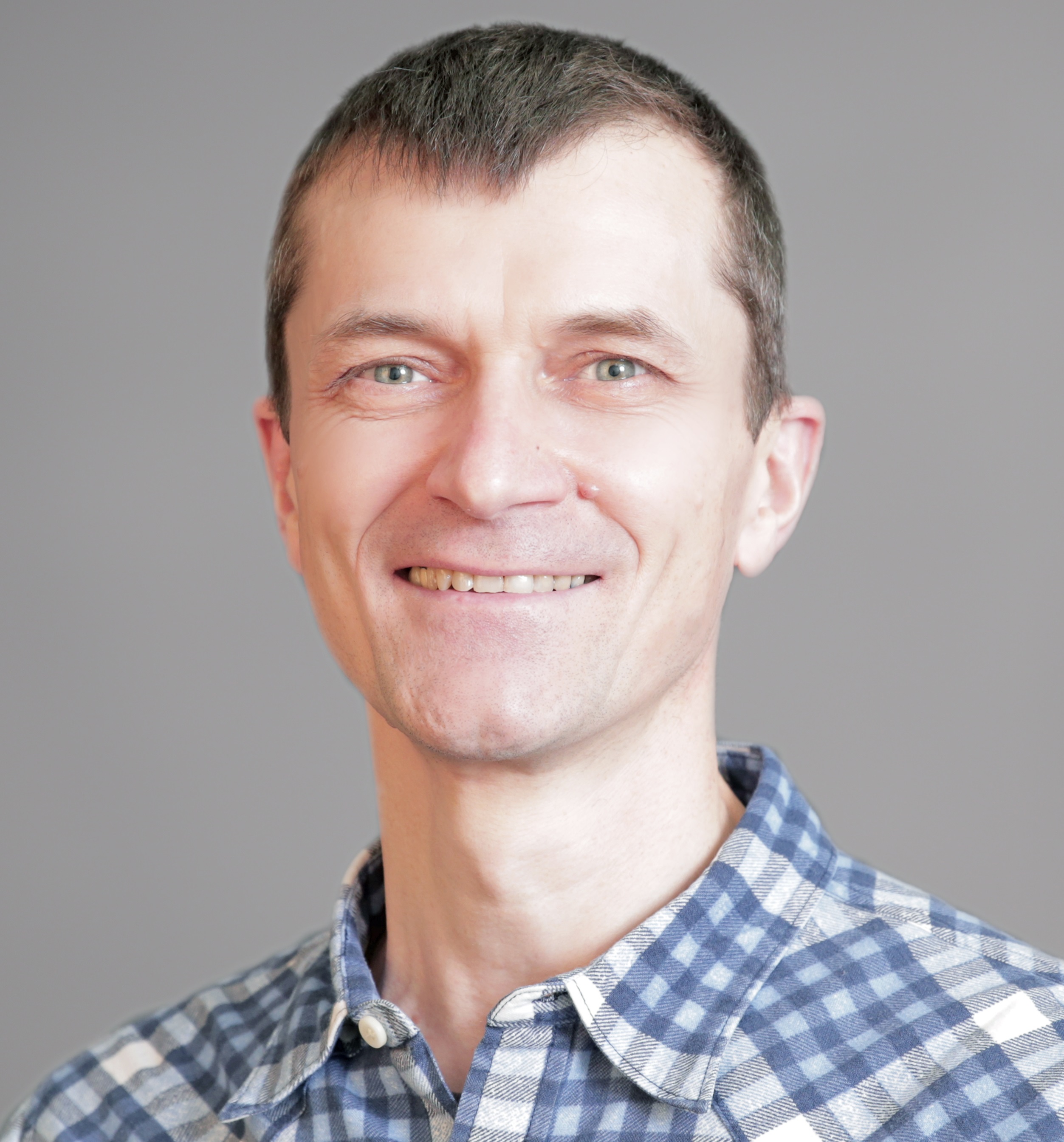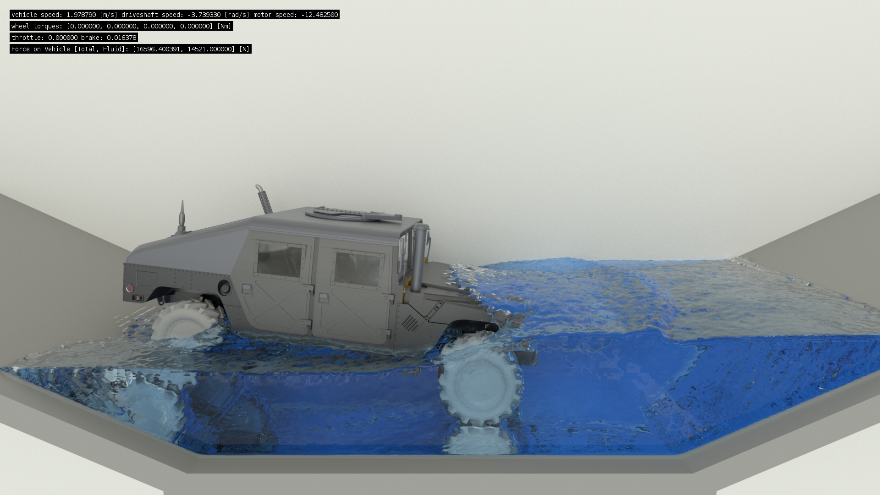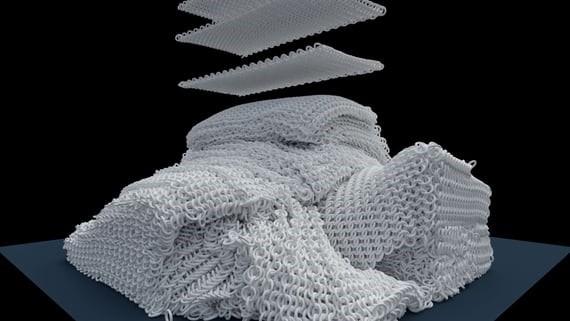
10:10 am
322 Fryklund Hall
Abstract
This talk will focus on how a Lagrangian perspective on dynamics is used to capture the time evolution of complex systems, e.g., granular flows, fluid-solid interaction problems, etc. In this context, the aspects that turn out to be more challenging are tied to the handling of friction, contact, geometry, large deformations and numerical solution scaling. The talk will highlight modeling and numerical solution techniques developed to address several of these challenges. Our solution methodology contributions have been implemented in an open-source simulation platform called Chrono, which is available on GitHub and used by hundreds of individuals to analyze large multi-physics dynamics problems. The talk will touch on several applications tied to granular dynamics, 3D printing and additive manufacturing, robotics, and ground vehicle mobility.
 |
 |
|---|---|
| Fluid-solid interaction simulation of a vehicle engaged in a fording maneuver. This scenario has been simulated both using an SPH-based solution of the Navier-Stokes equations of motion, and using a many-body dynamics approach in which the fluid dynamics was modeled using a collection of 1.4 million interacting rigid spheres. | Collection of chain-mail sheets of material as they are dropped in a 3D printing volume for a reverse engineering analysis used to figure out where each link of the yet-to-be-printed fabric lies. |
Bio
Dan Negrut received his Mechanical Engineering Ph.D. in 1998 from the University of Iowa. He leads the Simulation-Based Engineering Lab at UW-Madison. The lab’s projects focus on high performance computing, computational dynamics, terramechanics, robotics, autonomous vehicles, and fluid-solid interaction problems. Dr. Negrut received in 2009 a National Science Foundation Career Award. Since 2010 he is an NVIDIA CUDA Fellow.
